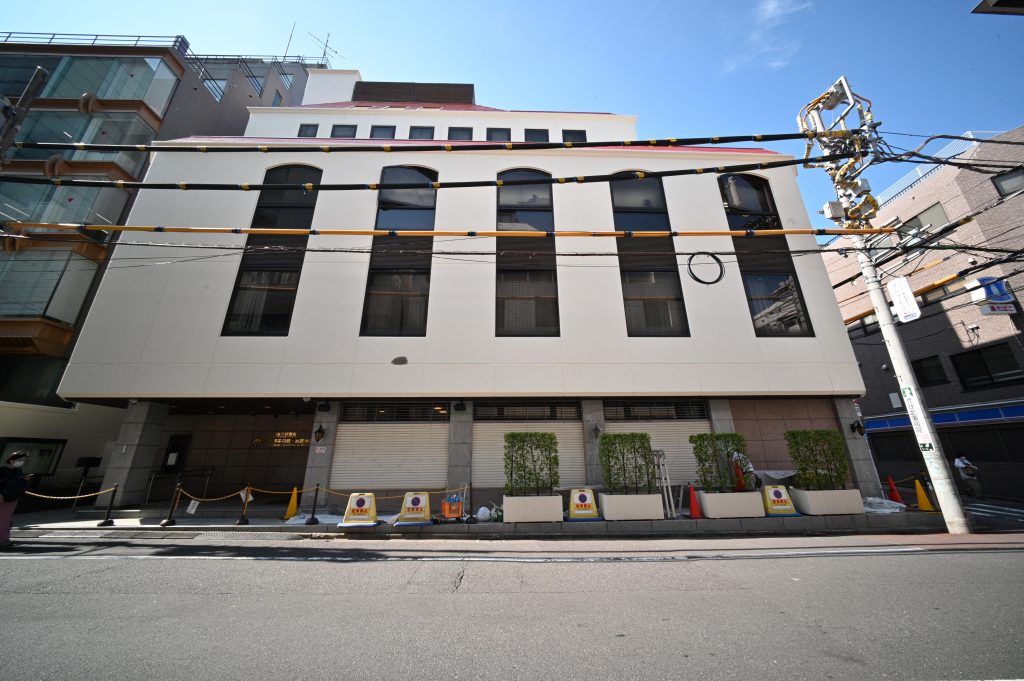
- ARAB NEWS
- 30 Jul 2025

TOKYO: The Japanese government on Tuesday exercised its right to question the controversial religious group known as the Unification Church under the religious corporation law.
The government sent a letter of questions to the group on the day, demanding that the group answer the questions by Dec. 9.
It was the first time that the government used such a legal questioning right since the law was revised in 1995 to stipulate the right.
The move came about a month after Prime Minister Fumio Kishida issued an order to take steps for exercising the right, as part of the government’s investigation into the group.
A focal point is whether the government finds evidence showing that the group conducted illegal acts organizationally and how malicious and continual they were.
The Cultural Affairs Agency will continue investigating the Unification Church, with the view to seeking a court order to disband the group.
“We aim to find out objective facts based on concrete evidence and documents,” culture minister Keiko Nagaoka told a press conference on Tuesday.
The religious corporation law allows the government to demand reports from religious groups or question them if there are suspicions that they have violated laws and regulations or damaged the public welfare. If such acts are found evident, religious groups can be ordered to disband.
Nagaoka said that the government plans to seek a dissolution order, even before the end of the investigation, once such an evident fact is confirmed.
On Monday, the minister gained approval from the Religious Juridical Persons Council for a list of questions to the Unification Church and reasons for the questioning. The agency has not disclosed the content of the questions.
According to the agency, the group was urged to submit various documents concerning its organization and financial situation.
At a press conference on Nov. 11, the minister indicated that the group meets conditions for being questioned under the law as it has been ordered to pay damages totaling at least some 1.4 billion yen in 22 civil lawsuits, including those in which its unlawful acts were recognized.
JIJI Press